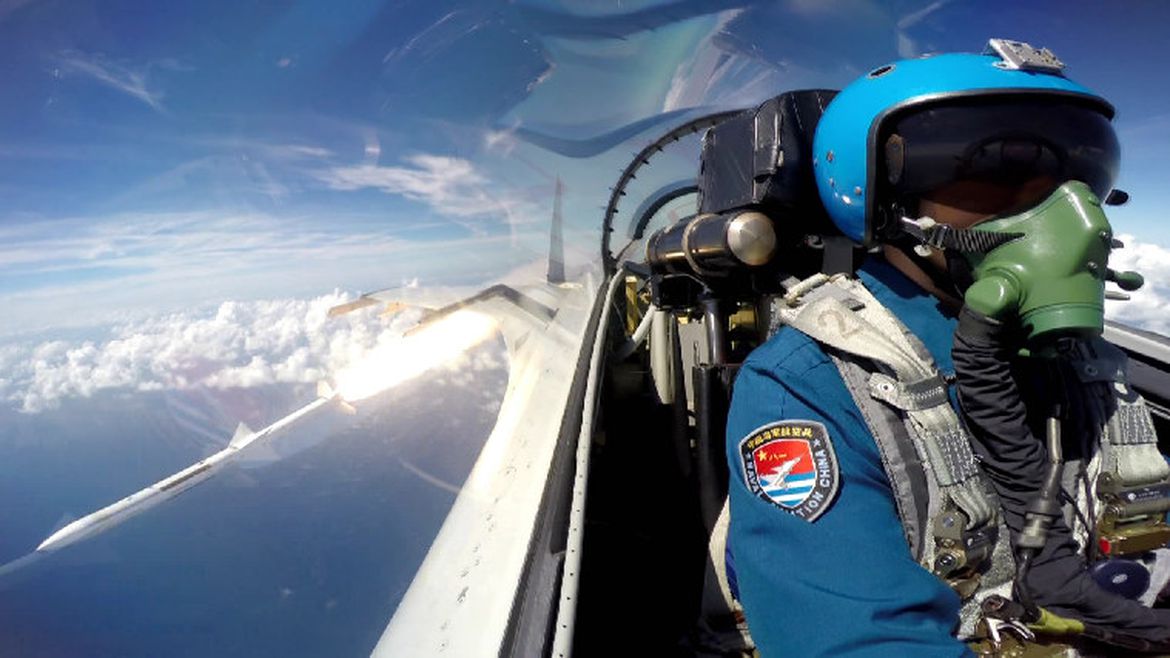
A Chinese PLA J-11 pilot fires a live air-to-surface missile in a training exercise. Photo by: chinamil.com.cn
By Frank V. Vernuccio, Esq.
“Budget hawk” elected officials have conceded that the $1.3 trillion omnibus spending bill they helped pass contained vast amounts of excessive appropriations for programs they either disapprove of or that should have received far less dollars. It was a necessary evil, because some politicians used America’s national security as a bargaining chip to keep alive programs that are essential only to their political fortunes.
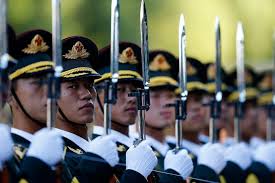
The funding reduction of America’s military during the prior Administration could not have come at a worse time. Russia, China, Iran, and North Korea were dramatically building up their conventional and strategic forces while the U.S. slashed its own.
Ironically, budget hawks engaged in this compromise to offset another bad compromise. As Obama almost doubled the national debt, Republicans, in an effort to halt the dramatic increase in spending, agreed to the sequester, which irresponsibly treated almost all government spending equally. Some pork barrel projects were given the same weight as essential items.
A review of data from The House Armed Services Committee (HASC) describes the shortfalls in key areas resulting from the prior defunding, and how the Omnibus bill addresses the problem.

Chengdu J-10 Photo by: Xinhua/Liang Xu
The U.S. Air Force has been decimated. It’s smaller and older, than it has ever been, and it faces adversaries in Russia and China who are technologically equal to America. The average age of America’s military aircraft is over 27 years. Less than half of the Navy’s aircraft are capable of getting in the air at all, due to maintenance issues. The USAF is 2,000 pilots short, and those that remain get fewer flying hours than their predecessors did back in the ‘70’s when the military was considered a mere shell of itself.
Approximately 80 percent of Marine Corps aviation units don’t even have the minimum number of ready basic aircraft to fulfill its responsibilities. The Omnibus bill provides $11.5 billion to repair or upgrade old aircraft, $33.7 billion to replace aircraft too old or broken to repair, and $2.2 billion to recruit and train more airmen and aircraft mechanics.
The U.S. Navy, most analysts estimate, needs at least 350 ships to fulfill its mission. But as China moves rapidly towards becoming a major naval power and Russia builds increasingly sophisticated, cutting-edge technology submarines, the U.S. Navy muddles through with 275 or less vessels. It’s not only the numbers that are challenging. HASC notes that there are “Serious readiness shortfalls, including insufficient time or resources to train Sailors or maintain ships.” In some cases, sailors have been working over 100 hours a week to keep up with training requirements and current operations. Navy ships and submarines remain in port unable to sail and perform their mission due to critical maintenance that cannot be conducted due to budget cuts. The Omnibus bill provides $12 billion to repair current ships, $23.3 billion for new vessels, and $2 billion to recruit and train sailors.
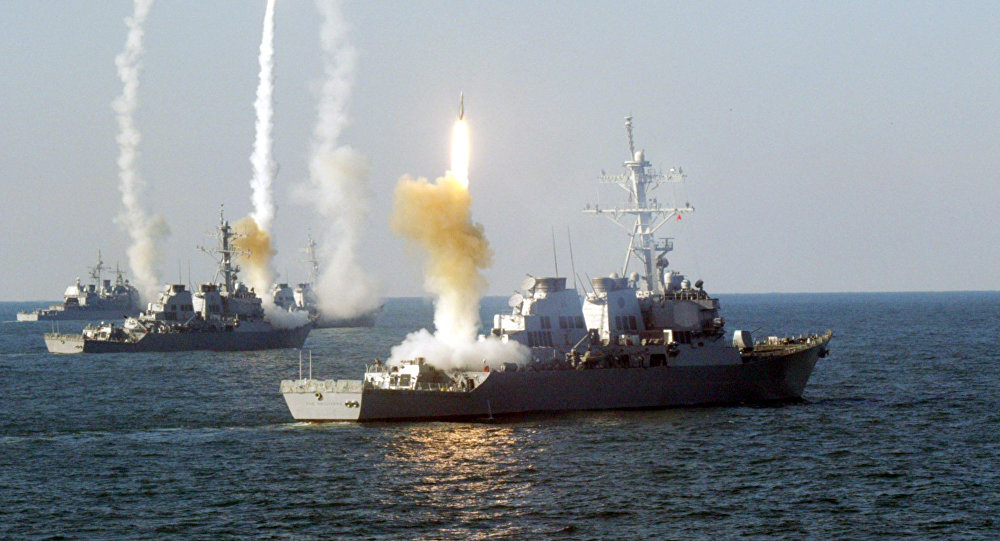
Last Friday night, US warships launched cruise missiles against Syrian research, storage and military targets.
During the prior Administration, the U.S. Army, including the National Guard and the reserves, was reduced by 120,000 soldiers. 15 brigade combat teams were eliminated. Of the remaining brigades, only 5 are considered “ready to fight.” The urgently needed funding to upgrade outdated equipment was cut in half during the Obama Administration. The omnibus bill provides $2.7 billion to repair Army equipment, $5.1 billion to recruit additional Soldiers, and $14.3 billion to replace or upgrade current equipment
The military challenges and dangers from Russia, China, Iran and North Korea are both manifestly clear and deadly serious. The use of the defense budget as a bargaining chip was a successful, but inappropriate tactic.
Frank Vernuccio serves as editor-in-chief of the New York Analysis of Policy and Government. @FrankVVernuccio


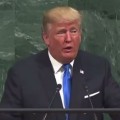
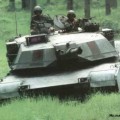
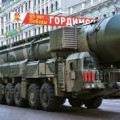












Follow Us